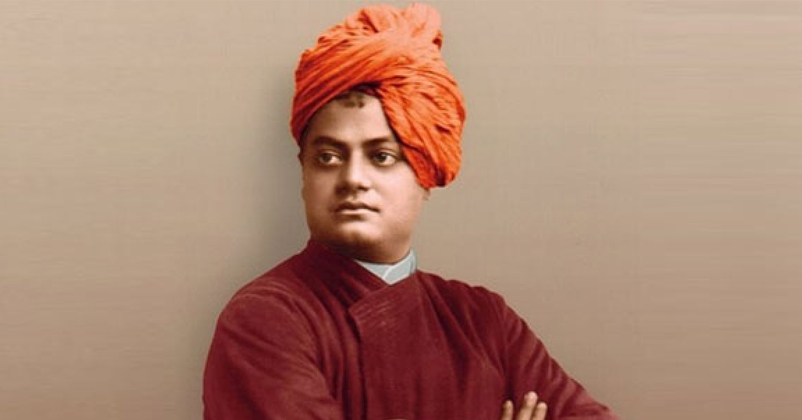Celebrating the Life and Teachings of Swami Vivekananda on His Death Anniversary - July 4, 1902
04 Jul 2025 11:13:38

On July 4, 1902, Swami Vivekananda left this world at the young age of 39, a moment that remains deeply emotional in India’s history. Though his life was short, his impact was immense. As we observe his death anniversary today, we remember not just the passing of a great spiritual leader, but also the powerful legacy he left behind. His teachings on spirituality, social upliftment, and harmony among religions continue to inspire people across the world.
Early Life and Education: Swami Vivekananda, originally known as Narendra Nath Datta, was born in Kolkata on January 12, 1863, India. From a young age, he displayed exceptional intellect and a thirst for knowledge. Influenced by his spiritual inclination, he became a disciple of the revered saint, Sri Ramakrishna Paramahamsa. Under his guidance, Vivekananda imbibed the essence of Vedanta philosophy, which would shape his future endeavors.
The Chicago Address: One of the most significant events in Swami Vivekananda's life was his historic speech at the World's Parliament of Religions in Chicago in 1893. His address, which began with the famous words, "Sisters and brothers of America," captivated the audience and left an indelible mark on the world stage. Vivekananda spoke eloquently about religious tolerance, the universality of spiritual truths, and the importance of accepting and respecting diverse paths to the divine. This landmark address introduced Indian philosophy to the Western world and emphasized the need for understanding and harmony among different faiths. Swami Vivekananda's Chicago address remains a celebrated moment in the history of interfaith dialogue and continues to inspire people globally.
Teachings and Philosophy: Swami Vivekananda's teachings were rooted in the principles of Vedanta. He advocated for the harmony of religions, stressing that all paths lead to the same truth. His philosophy inspired many to embrace spirituality as a means of personal development and service to humanity.
Social Reforms and Service: Swami Vivekananda recognized the need for social reform and worked tirelessly to uplift the underprivileged sections of society. He believed that true spirituality involved active engagement in social welfare. Vivekananda's initiatives included educational reforms, women's empowerment, and the eradication of caste-based discrimination. His efforts continue to inspire countless individuals and organizations involved in social work today.
Legacy and Impact: Swami Vivekananda's impact on society cannot be overstated. His teachings continue to inspire millions around the world to lead purposeful lives and strive for personal and societal transformation. His emphasis on tolerance, universal brotherhood, and the unity of religions remains relevant in today's increasingly divided world. In 1897, he founded the Ramakrishna Mission, a spiritual and humanitarian organization committed to selfless service, education, and the upliftment of society. The mission's work continues globally, embodying the values and ideals set forth by Swami Vivekananda.